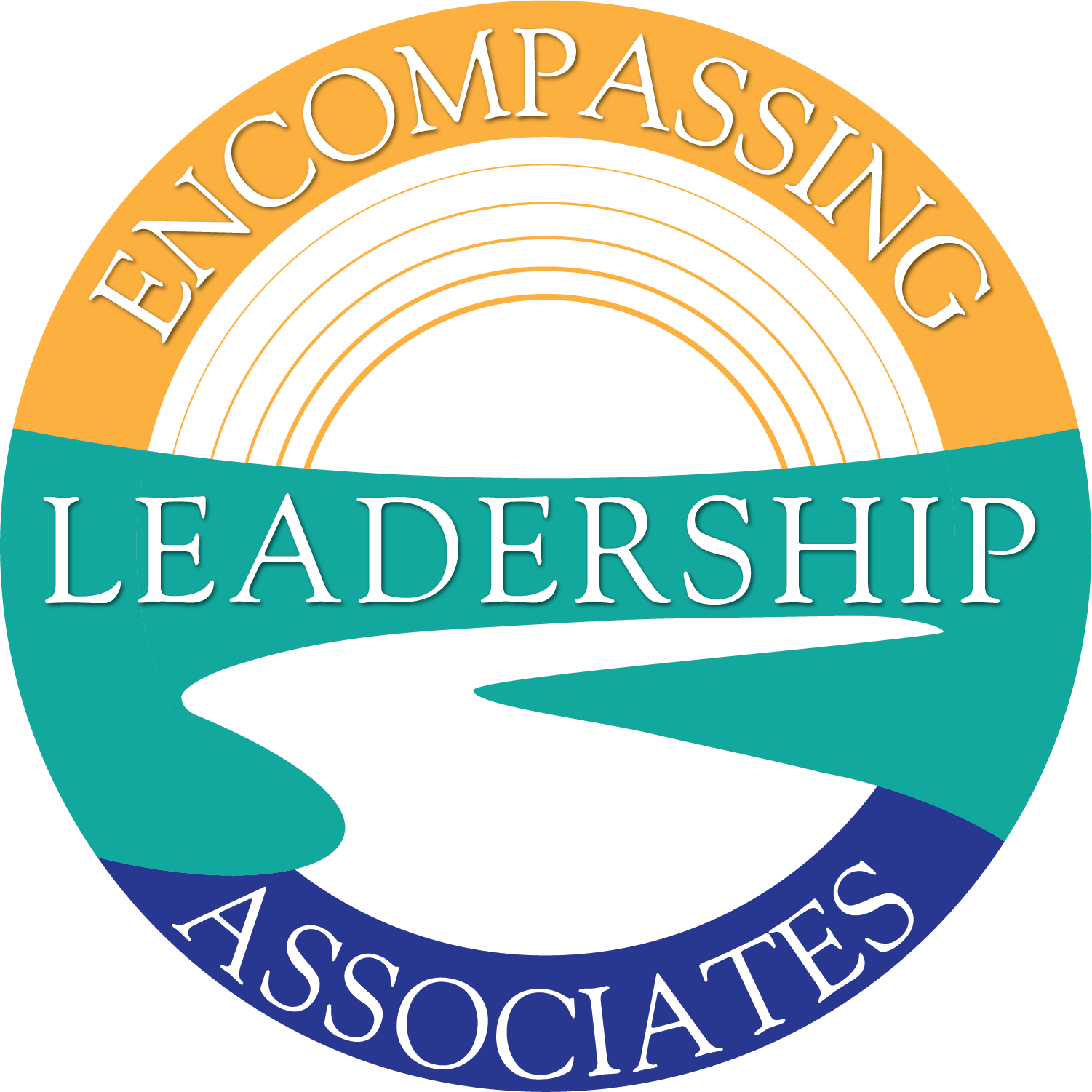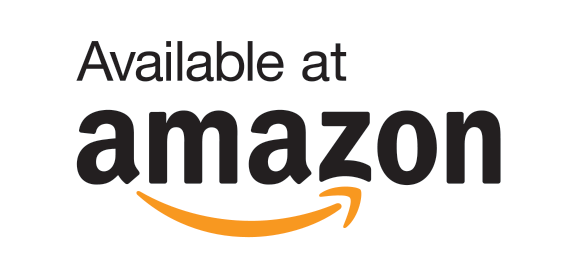The Gift of Conflict
Speaking of events ranging from joy to misfortune, Rumi, in his poem The Guest House , writes for us to “be grateful for whoever comes, because each has been sent as a guide from beyond.” Conflict, if we choose to adequately consider it, can serve as a guide that prevents disaster, instructs, and empowers. Unfortunately, we tend to avoid this gift. Thus, we lose chances for improvement and unrecognized conflict morphs into an invasive weed that is nearly impossible to uproot; a heightening monster that consumes our time and energy at the expense of other priorities. Let’s consider three types of conflict: That between parties other than self, that with self and others, and that within self.
For us to sense conflict amongst others, we have to be engaged at individual, team, and organizational levels. When we see the smoldering contention, we have a duty – to customers, to company, to coworkers – to address or seek help in preventing widespread destruction to workplace and service delivery. So often, this misplaced attention on struggle is a result of misperceptions fueled by assumptions…and denial. A common manifestation is an employee, arms crossed/face stern/voice hard, saying they can do a good job despite the “other person.” When it’s in the interest of the greater good, help to air the grievances. Tie a positive outcome to the mission, the common purpose , and to individual success. Once understanding and commitment is achieved, people are happier and more productive. Plus, they gain experience at navigating future strife. And you gain credibility by assisting others.
Conflict between another and self is a distracting burden for both parties. This is a needless weight that can be alleviated through direct and respectful communication or by enlisting a third party to mediate. Like above, misunderstandings or old resentments underly the tension while sharing perceptions and a focus on the bigger picture aides in resolution. Without the drag of interpersonal conflict, making our way in the world is a freer and more pleasant journey. A foundation of trust is in place for further partnership. However, the conflict with others may originate in our conflict with self.
Regarding conflict, our greatest opportunity may lie within self. Physical, emotional, and mental signals serve as internal alerts. Less than favorable verbal and nonverbal responses to our words and deeds are external signs. When relationships that were once smooth are now rocky, a good starting point is to look inward. Find a time and place where clarity and objectivity can come forth. Take notice of what your body and mind are telling you. Be proactive through self-examination, seeking feedback, and reflection. Observing our internal conflict expands our awareness of self and enhances our capacity to engage externally. A profound example of personal conflict is when our values are not aligned with our environment – this state can be a time of deep introspection and informed decision making as to where our lives can and will lead.
Our busy existence and desire for quick fixes leads us to ignore or relegate conflict. Instead, we can invest in conflict when it is still manageable, when it is signaling to us that something important exists, when something of meaning can be accomplished. There are times when conflict is fleeting or benign enough to ignore. And there are occasions when action can be deferred until more is known. Finally, we may only have the choice of acknowledging and accepting conflict before moving on. Examination and practice lead to discernment of what matters and how much attention is necessary.
Imagine driving on a rainy night and coming to a sign that says BRIDGE OUT AHEAD! Do you want to drive into a raging river or would you rather pull over and figure out the best course? Manifestations of conflict are the caution signs that you may have an organizational problem, disruption in key relationships, or internal disharmony. These signs are also opportunities to find a better way of traversing forward in terms of efficiency, connections, and fulfillment. When you sense conflict, explore it. If it holds relevance, examine it. If it has value, embrace it. Draw learning and satisfaction from the resolution, the knowing that you had the courage to embark on a difficult undertaking to improve conditions for yourself and for others.
Articles from Encompassing Leadership Associates






